Free Tropical Runtz seeds on orders over $150!
If you’re interested in producing cannabis, you’ve probably already researched the different cultivation techniques. Alternatively, you may be an experienced cannabis grower searching for a new challenge or a way to reduce your environmental footprint. This guide got you covered.
The term “veganics” may have already given it away, but it is yet necessary to explain what it means. Veganics is a kind of organic farming. Naturally, we refer to cannabis cultivation in this instance, but you can apply veganics to any cultivation or agriculture.
In addition to organic farming, Veganic farming goes a step further. The term veganics refers to growing cannabis without using organic, animal-derived components. On the other hand, vegetarianism eliminates solely animal products like meat, similar to veganism, while veganix eliminates everything from animals, including toxic fertilizers and pesticides (like organic farming).
In “normal” farming, many organic inputs are generated from animal products. Compost teas, manures, worm castings, guanos, micronized herbs, and other animal-derived products are all used in organic farming. Organic farmers don’t use chemical salts, fertilizers that are harmful to your plants and the environment, and pesticides. There are no animal products in a vegan diet, which relies solely on plants for its sustenance. So, isn’t cannabis already vegan?
According to some people, veganics may save you money in the long run. Aside from the fact that this is a matter of personal choice, this is an essential consideration to bear in mind. It is a viable option to think about implementing if you have a lot of room and land to work with, significantly when growing cannabis at home.
With the appropriate planning, those who grow crops other than cannabis that provide nutrients will have everything they need. Sustainability, in this case, is defined as a loop of success and production.
Let’s look at organic producers to see how they behave ethically. They often employ fish emulsion, bone, blood, and other animal byproducts. Because of their origins, these creatures have become a nuisance. As a general rule, the animals were undoubtedly fed antibiotics and kept on commercial “farms” without organically rearing.
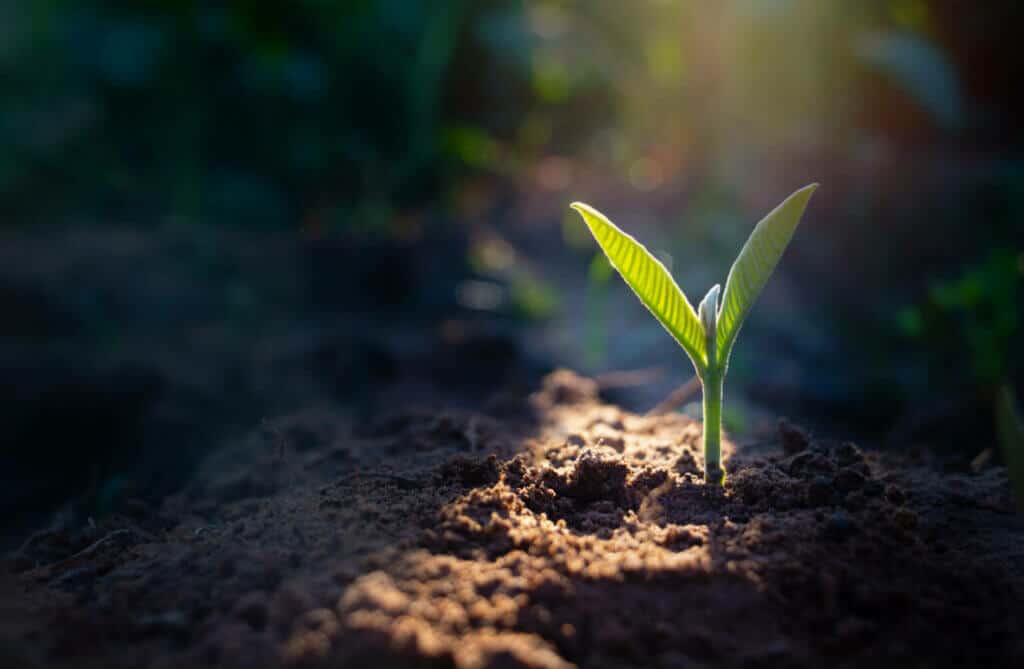
You (the customer) and your plants get poisoned because of toxins against organic principles since the items utilized don’t qualify as organic. As a result, the goal of veganics is to eliminate the non-organic component of your growing operation so that you can track the origin of every element.
Changing to the veganic approach might be scary for some producers concerned about losing the excellent yields obtained with organic or other techniques. So, the fact that results from veganics growing operations are equally as high should be fantastic news! The plants are getting the same amount of nutrients, but the source of those nutrients has changed. Because of this, the result in terms of volume is also the same.
In addition to being healthier and more delightful to smoke, veganics can generate better yields than conventional growing techniques.
To be a successful veganics grower, you must first understand the importance of soil. The key to healthy soil is the presence of beneficial bacteria and fungus, which you can collectively refer to as soil microorganisms.
You should apply organic chemicals to keep the soil in good condition. Teas, mulch, and other materials are all included. It is possible to incorporate plant waste such as leaves and grass into your garden soil. Make sure your soil is healthy before you begin cultivating a veganics garden! This is why cannabis growers are doing their best to go green.
Bat guano and seabird guano are two familiar sources of nitrogen and phosphorus, respectively, for use in the organic production of cannabis. Your cannabis strains need varying quantities of each nutrient based on their development stage and whether or not they intend on schwazzing.
You may replace plants rich in nitrogen and phosphorus for these two forms of guano in veganic cuisine. Nitrogen-rich plants include alfalfa, nettle, spirulina algae and kelp. It’s ideal if you can cultivate at least one of these plants on your property. As a last resort, you may always go to a shop and buy them.
Phosphorus and potassium-rich foods include burdock root, rhubarb, and wild yam root, all of which may be obtained at health food shops or even bought online. An excellent option is to add apples, peaches, and plums to your compost tea when you need more phosphorus and potassium.
Creating your compost makes good sense if you want to go “full veganics.” Traditional composting, compost tea, and vermiculture are all viable options (using worms). If you’re going to get the most out of these strategies, it is essential to do a thorough study before using one or more of them. The most incredible thing that could happen to you is knowing where everything comes from before starting vegan cannabis growing.
The beauty of veganics is that you can tailor it to your preferences and lifestyle. Although it might be difficult, it doesn’t have to be. If you have been growing cannabis seeds for some time and are accustomed to purchasing the nutrients that your plants require, you will find that some of these combinations are still in line with veganism. You may still practice veganic gardening if you don’t have the time or resources to manufacture your compost. Veganic cultivation won’t be that challenging once you know how to grow your cannabis.
As a veganic grower, you’ll have to deal with bugs and mold at some point in your career. Fortunately, there are several ways to prevent pests from invading. Companion plants, in particular, may be produced to assist in the defense against any possible problems. These plants include cilantro, chrysanthemum, dill, foxgloves, marigolds, peppermints, yarrows, and other herbs and flowers.
You may also put natural insecticides on your plants in the form of sprays. You can kill spider mites using chili spray, garlic tea, and tomato leaf spray (grasshoppers and whiteflies). Natural pesticide spray alternatives do not end here, so do your study and experiment with different combinations to find which ones work best.
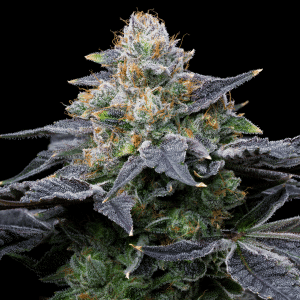
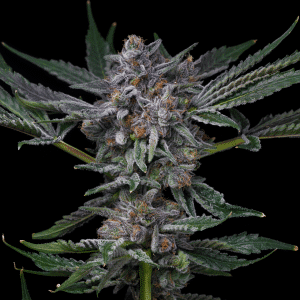
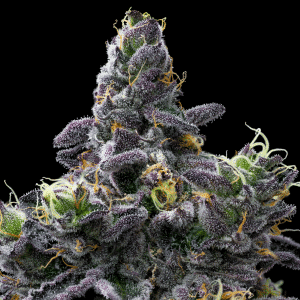
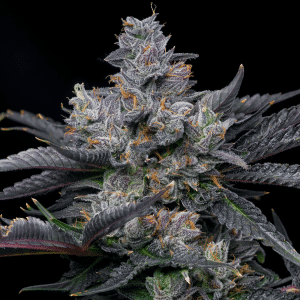
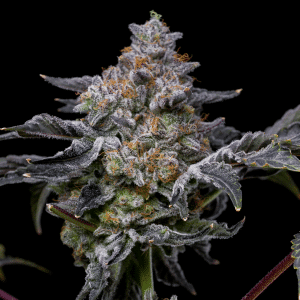
Offers
This product is not for use by or sale to persons under the age of 18. This product should be used only as directed on the label. It should not be used if you are pregnant or nursing. Consult with a physician before use if you have a serious medical condition or use prescription medications. A doctor’s advice should be sought before using any hemp products. All trademarks and copyrights are property of their respective owners and not affiliated with nor do they endorse this product. These statements have not been evaluated by the FDA. This product is not intended to diagnose, treat, cure or prevent any disease. By using this site you agree to follow the Privacy Policy and all Terms & Conditions printed on this site. All products contain less than 0.3% Cannabinoid-compliant with applicable Federal Laws. Please make yourself aware of any and all applicable laws regarding hemp in your jurisdiction. Premium Cultivars accepts no liability or responsibility regarding germination laws in any specific locale state or national jurisdictions.THCA products are not available for shipment to the following states: Hawaii, Idaho, Minnesota, Oregon, Rhode Island, Utah, Vermont *Note: Products with Total THC content above 0.3% must not be shipped to these states.
We want to help you get your hands on the seeds you want, take 20% off your next purchase when you enter your email below!
We want to help you get your hands on the seeds you want, take 20% off your next purchase when you enter your email below!